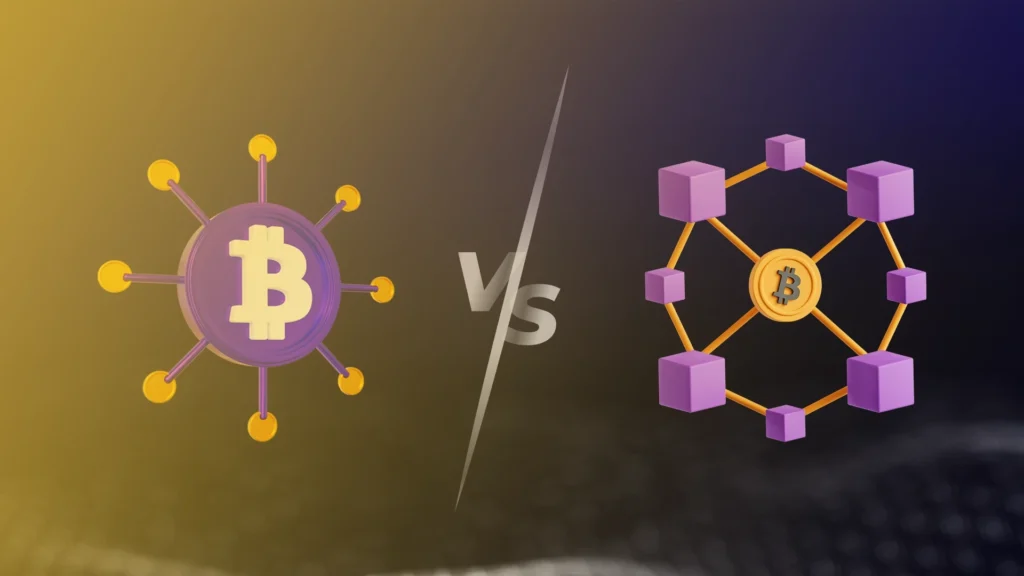If you’ve been around the crypto space, you’ve probably heard a ton of opinions about CEX vs DEX—but which ones are true? This myth-busting guide clears the fog and breaks down facts so you can trade smarter, not just louder.

Myth #1: CEX vs DEX — Which One Is Truly More Secure?
There’s a popular myth that decentralized exchanges are automatically safer than centralized ones. The truth? It’s a bit more nuanced. Centralized exchanges (CEX) like Binance and Coinbase do hold your assets, which means you’re trusting them to secure your funds. This does introduce risks, especially if an exchange gets hacked or mismanages funds. However, many top CEX platforms invest heavily in security measures and even insurance.
On the flip side, decentralized exchanges (DEX) give you control by letting you keep your private keys, but this means security is entirely on you. Lose your keys or fall for a scam, and there’s no customer support to save you. So, when debating CEX vs DEX security, neither is foolproof—it comes down to who you trust more: the platform or yourself.


Myth #2: CEX vs DEX — User Experience Is Always Easier on CEX
Some say decentralized exchanges are too complicated for everyday traders and CEXs are always more user-friendly. Well, this isn’t entirely correct. Yes, CEXs typically offer smoother interfaces and more tools designed for beginners. They have customer support and easier fiat on-ramps.
But many modern DEXs are rapidly improving usability with intuitive apps and wallets, making them accessible even for newcomers. It’s a myth that DEXs are only for experts—sure, there’s a learning curve, but it’s shrinking fast. So when comparing CEX vs DEX for user experience, it’s more about your willingness to learn than inherent complexity.

Understanding Fees and Accessibility Between Them
One less-talked-about myth is that fees on centralized exchanges are always cheaper. Actually, CEX platforms do have clearer fee structures, but hidden costs like withdrawal fees or spreads can add up quickly. Decentralized exchanges charge blockchain gas fees, which vary depending on network congestion and can sometimes be quite high.
Accessibility is another myth-buster. Many believe DEXs are open to everyone without restrictions, and that’s mostly true — no KYC or ID checks here. But CEXs often require identity verification due to regulations, which some users find invasive. Both exchange types have pros and cons on fees and access, so it pays to understand both before choosing.


Which One Should You Trust? Busting the Final CEX vs DEX Myth
Here’s the real kicker: no exchange type is objectively “better” for everyone. The myth that one size fits all is just that—a myth. If you want convenience, liquidity, and customer support, a CEX might suit you best. If you value privacy, control, and decentralization, then a DEX might be your go-to—but be ready for more responsibility.
Many traders actually combine both, switching based on what they’re doing. So busting the myth that you must pick one over the other might be the smartest advice yet.
Relevant news: here




